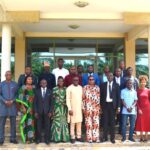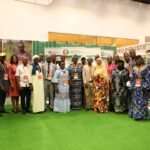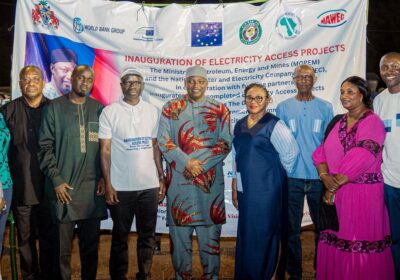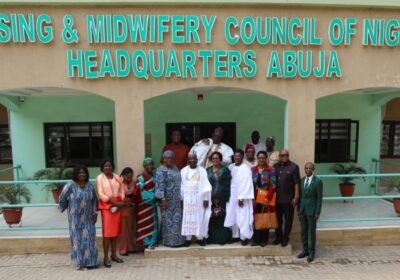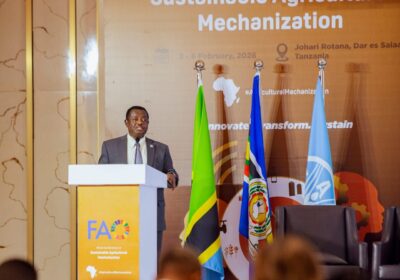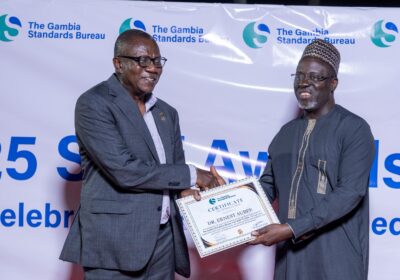ECOWAS@50: Reflections on How Non-State Actors Are Shaping a Stronger, People-Centered West Africa.
By Raymond Enoch
As the Economic Community of West African States (ECOWAS) prepares to celebrate its golden jubilee on May 28, 2025, in Lagos, Nigeria, the regional body finds itself at a critical crossroads—facing internal pressures, global economic interests, and growing calls for reform. Amid these complex dynamics, Non-State Actors (NSAs) have emerged as vital partners in shaping the “ECOWAS of the Future” agenda, ensuring that the community remains people-centered and responsive to the needs of its 400 million citizens.
West Africa is rich—both in human and natural resources. From Nigeria’s oil fields and Ghana’s gold mines to Côte d’Ivoire’s cocoa and Senegal’s fisheries, nearly every country in the sub-region is endowed with commodities that fuel the global economy. This abundance, coupled with a burgeoning population, has made the region a prized destination in the international capitalist market, drawing interest from Europe, the Americas, and Asia.
However, the competition for these resources has often translated into instability. Experts and international policy analysts have linked rising political unrest, military coups, and conflicts across member states to external struggles for control and influence. These geopolitical tensions pose a serious threat to ECOWAS’ goal of a unified, economically integrated, and peaceful West Africa.
Amidst these challenges, Non-State Actors have played a quiet yet powerful role in reinforcing ECOWAS’ mission. Organizations such as the Centre for Democracy and Development (CDD West Africa), West Africa Democracy Solidarity Network (WADEMO), West Africa Network for Peacebuilding (WANEP), West African Civil Society Forum (WACSOF), West Africa Agroecology Initiative, INANDES, ROPA, and the Parliamentary Network have been pivotal in driving reforms.
Through advocacy, policy engagement, and grassroots mobilization, these groups have helped shape and influence ECOWAS protocols to reflect the values of inclusion, equity, and sustainability. Their contributions span various sectors—from governance and peacebuilding to agroecology and economic policy—providing the Commission and member states with critical expertise and community perspectives.
“These NSAs are the conscience of the region,” says a regional policy expert. “They push governments to do better and remind ECOWAS why it was created—to serve the people.”
A Future Rooted in Dialogue and Unity
As ECOWAS reflects on its 50-year journey, questions around its future direction remain pressing. The recent stance of countries in the Alliance of Sahel States (AES), which have expressed interest in exiting the community, has triggered concerns about the fragility of regional unity. Yet NSAs argue that these developments underscore the urgent need for constructive dialogue, inclusive reforms, and stronger institutional trust.
Rather than viewing the AES development as a fracture, many NSAs see it as a call to action. “This is the moment to double down on people-centered integration,” notes a representative from WANEP. “We need to strengthen our institutions and reaffirm the community’s commitment to peace, justice, and shared prosperity.”
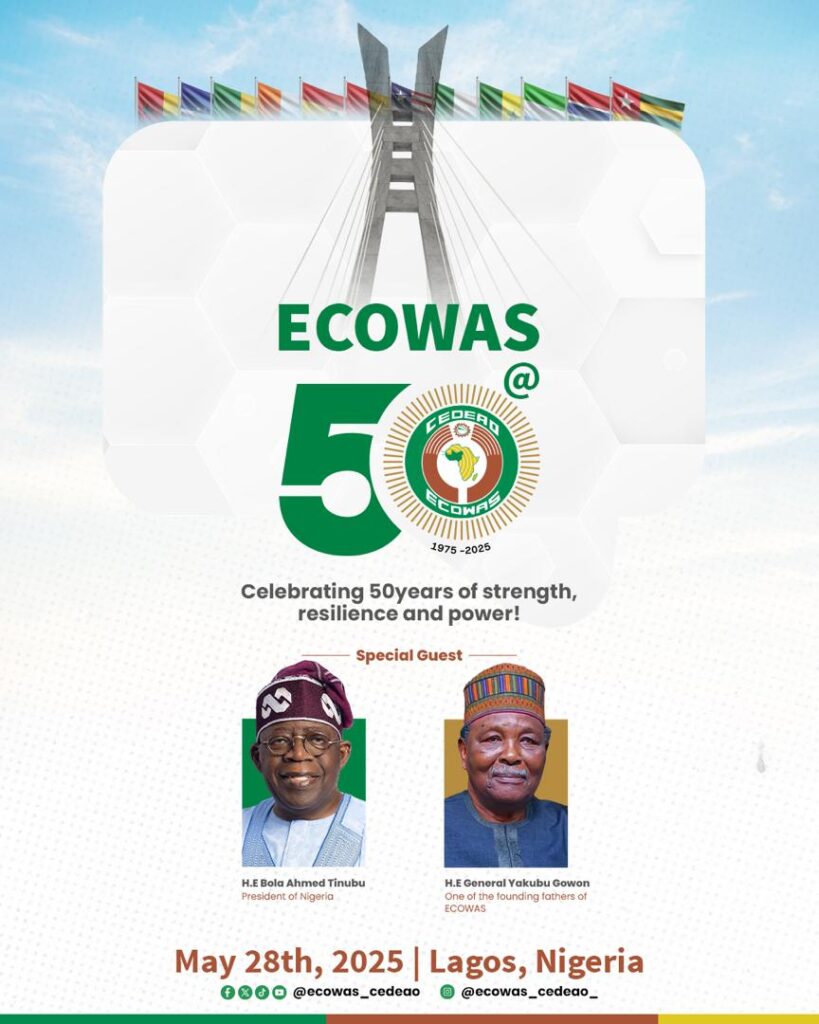
As the countdown to the 50th anniversary begins, the ECOWAS Commission, with support from its partners—including non-state actors—aims to reimagine its structure, reinforce its protocols, and renew its pledge to the people of West Africa.
From Lagos to Dakar, Accra and Abidjan, civil society groups are not just bystanders in this evolution—they are active architects of a future ECOWAS that is transparent, resilient, and inclusive.
In a region grappling with volatility, migration issues, Youth and Women development and transformation, the role of NSAs has never been more critical than now. They serve as the bridge between state institutions and citizens—the stewards of accountability and champions of a truly united West Africa. As ECOWAS turns 50, their voice will continue to shape its future.



